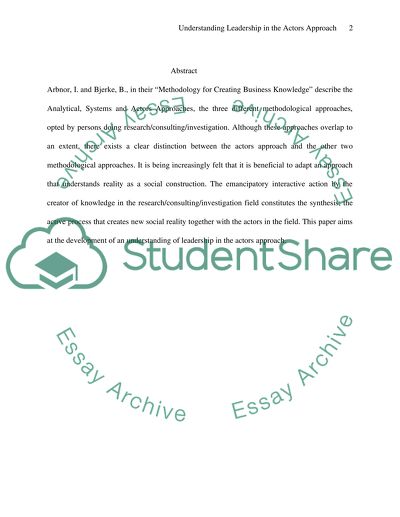Cite this document
(“Understanding Leadership in the Actors Approach Essay”, n.d.)
Understanding Leadership in the Actors Approach Essay. Retrieved from https://studentshare.org/psychology/1519982-understanding-leadership-in-the-actors-approach
Understanding Leadership in the Actors Approach Essay. Retrieved from https://studentshare.org/psychology/1519982-understanding-leadership-in-the-actors-approach
(Understanding Leadership in the Actors Approach Essay)
Understanding Leadership in the Actors Approach Essay. https://studentshare.org/psychology/1519982-understanding-leadership-in-the-actors-approach.
Understanding Leadership in the Actors Approach Essay. https://studentshare.org/psychology/1519982-understanding-leadership-in-the-actors-approach.
“Understanding Leadership in the Actors Approach Essay”, n.d. https://studentshare.org/psychology/1519982-understanding-leadership-in-the-actors-approach.


